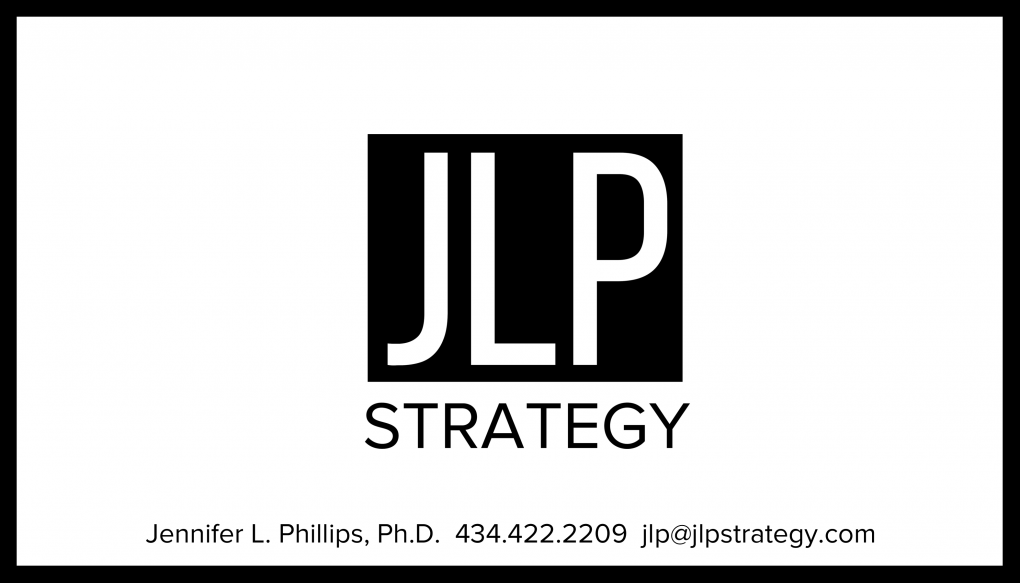I love the space where Gospel and Rock come together. Gospel’s hopeful energy renders Rock’s indignation righteous. Rock’s aggressive edge brings the Gospel down to earth, where the action is. This happens beautifully in The Jerry Garcia Band’s delivery of Charles Johnson’s classic, My Sisters and Brothers.
Deadheads know that the songs written and covered by Garcia, JGB, and the Grateful Dead teem with biblical, literary, and historical allusions. They are nothing short of poetic, and Sisters and Brothers is no exception. The song laments the struggle for peace and justice, and it proclaims the promise of beloved community.
The work will not be easy; nor will it be futile.
I have recently been heartened to speak with many people who are fighting the good fight for justice: teachers, medical professionals, environmentalists. activists, progressive fundraisers, writers, nonprofit leaders, advocates for refugees, and more. These good people have dedicated their careers to the struggle. It has been my privilege to witness their efforts and support them where I can.
The good news is that we have a lot of boots on the ground. The bad news is that every single one of us feels uncertain. How should we proceed, in the wake of this election?
During this existential moment, should we lament, should we hope, or should we simply get busy? Moving forward without lamentation strikes me at best as naive, at worst as callous. Neglecting hope, on the other hand, may dissolve us into nihilism. So, we must simultaneously lament and hope. In this, we may find courage to do as Johnson bids and “go on at a steady pace.” Ceasing the work, however briefly, is not an option.
I want to say to my sisters and my brothers
Keep the faith
When the storm flies and the wind blows
Go on at a steady pace
When the battle is fought and the victory’s won
We can all shout together, we have overcome
We’ll talk to the Father and the Son
When we make it to the promised land.
Johnson’s song has both precedent in the civil rights movement and relevance today. It evokes Martin Luther King, Jr.’s reassuring yet radical claim, “the arc of the moral universe is long, and it bends towards justice.” According to King, the promise of justice is located squarely alongside past, present, and (yes, even…) future suffering. This paradox animates Johnson’s 1974 song as much as it does Gloria Steinem’s 2016 post-election plea, “Don’t mourn; organize.” All three examples — King, Johnson, and Steinem — reinforce the importance of determination that honors both battle and victory.*
In addition, both Sisters and Brothers and the JGB live collaboration illuminate the way forward: diversity.
Diversity is both means and end.
Thou shalt not be afraid
Of the terror by night
Nor the arrow that flies by day
Nor for the pestilence
That walketh in the darkness
Nor for the destruction
That waiteth in the noonday hourIf we walk together, little children
We won’t ever have to worry
Through this world of trouble
We’ve got to love one another
Let us take our fellow man by the hand
Try to help him to understand
We can all be together
For ever and ever
When we make it to the promised land.
Let’s talk about what it means to “walk together.”
There is something powerful about the bald juxtaposition of Gospel and Rock in this performance and others like it. Both genres have unique energy for depicting humanity’s pain and potential, and they do it best when they collide — aggressively, but with love. Garcia’s guitar and Hornsby’s keys add a raw brutality to Johnson’s songwriting, which in turn exalts the band.
I’m sure this concept was the inspiration behind Christian rock, but the diluted hybrid just doesn’t cut it. There’s a lesson here for collaboration: remain faithful to the core strengths and value of everyone at the table. When diverse partners participate at full strength, something magical happens. When they water down their uniqueness, the result falls short of its potential.
Diversity is not a buzzword, but a value — at work, in life, and in art. It is, as the song reminds us, both means and end. It is both our path through fear and the final destination. Johnson reminds us of the latter gently, but directly: life is temporal, fleeting, and, ultimately, in service of beloved community.
This world is not our home
We are only passing through
Our trail is all made up
Way beyond the blue
Let us do the very best that we can
While we’re traveling’ through this land
We can all be together
Shaking a hand
When we make it to the promised land.
* Lending credence to the long arc of justice, both King’s and Steinem’s quotes are riffs on wisdom from earlier eras. King paraphrases abolitionist Theodore Parker, and Steinem paraphrases labor activist Joe Hill.

Charles Johnson and the Sensational Nightingales














